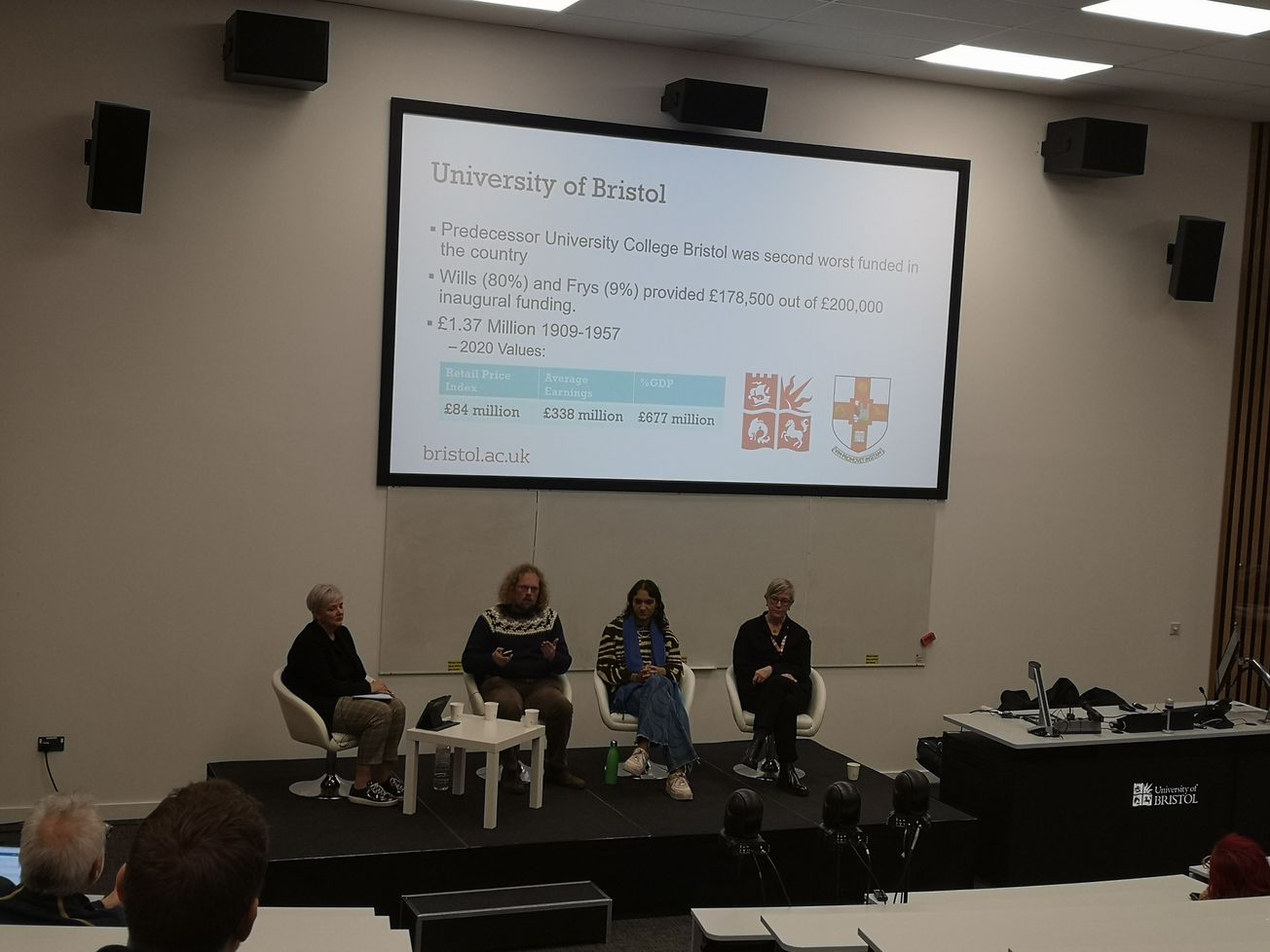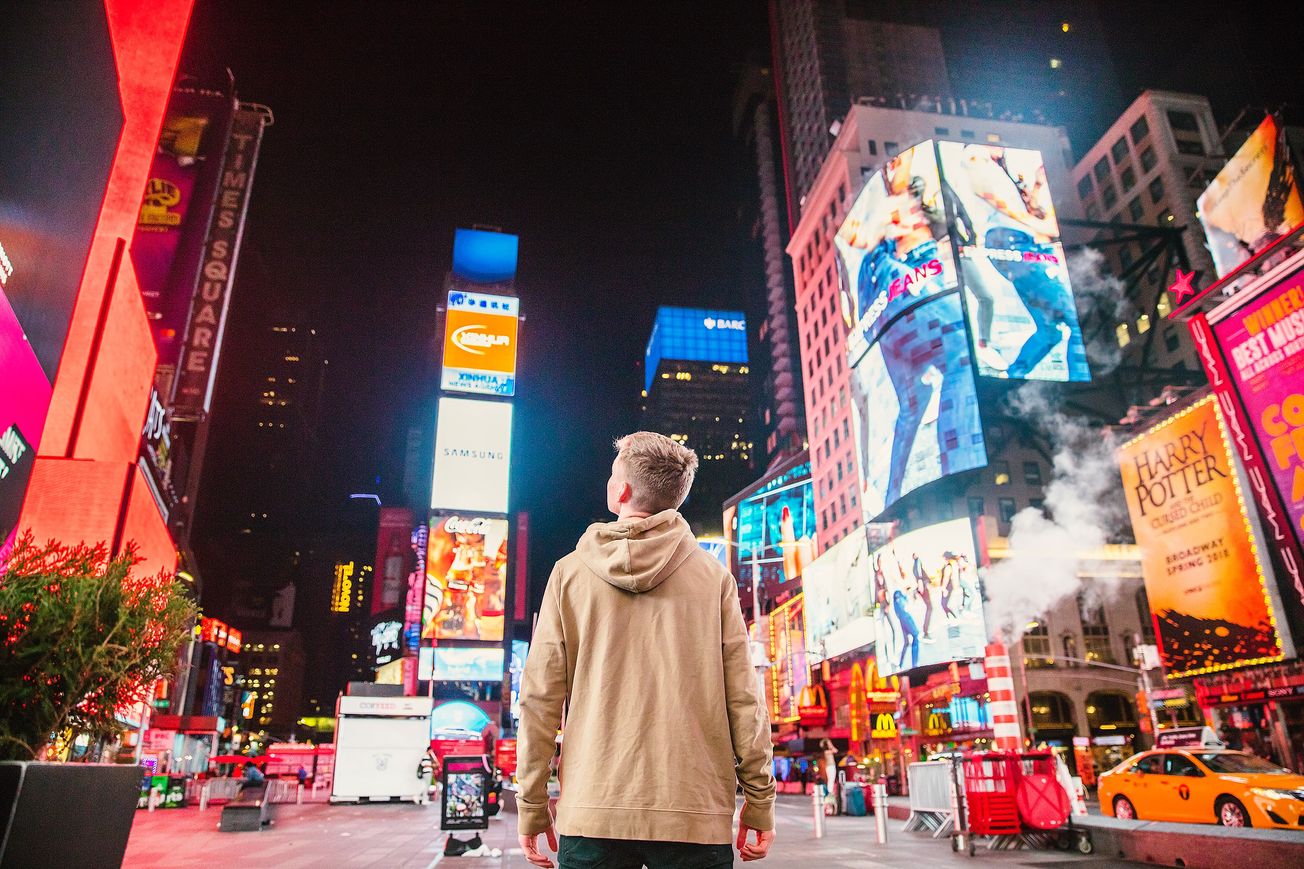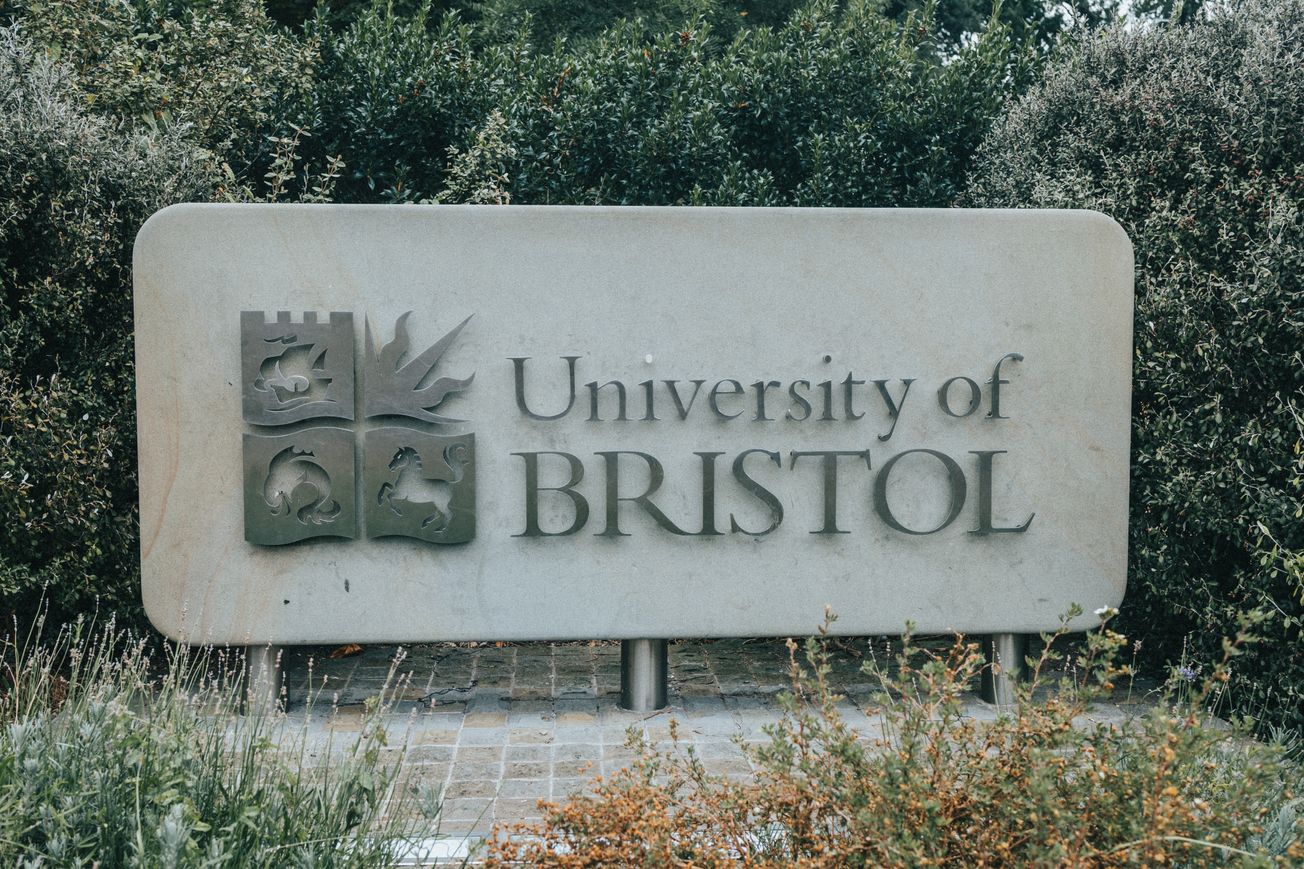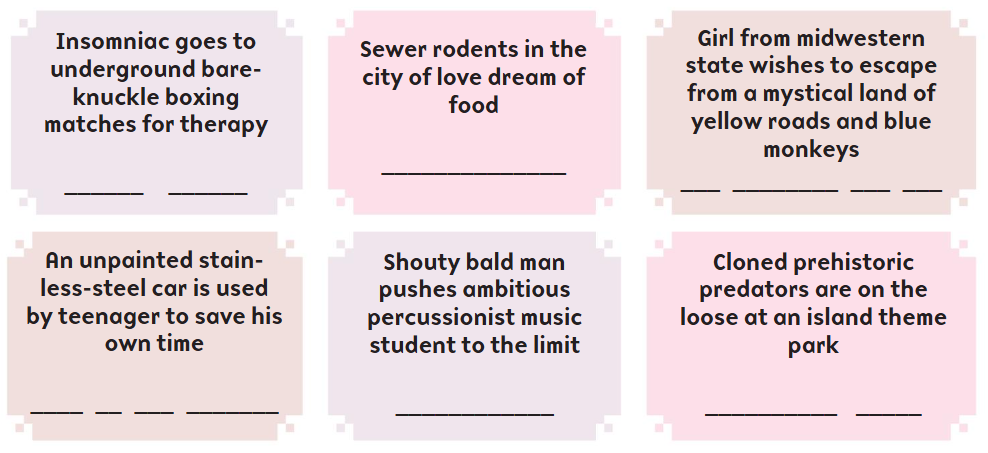By Milan Perera, News Reporter
Following the long-awaited 'Legacies of Slavery' report by Professor Olivette Otele, the University of Bristol held a public forum on its building names.
The hybrid event took place at the Arts Complex under the auspices of the Vice-Chancellor, with a panel for proceedings consisting of Dr Richard Stone, Professor Judith Squires, Saranya Thambirajah from the Student Union. The Q & A session was lively and engaging, prompting the moderator, Alicia O’Grady, to extend the consultation by an additional twenty minutes.
Professor Judith Squires, Deputy Vice-Chancellor and Provost and the Co-Chair of the University’s Anti-Racism Steering Group, reiterated that the University would use 'Legacies of Slavery' report and other research projects to address manifestations of racism within the University.
Seven buildings named after individuals or families who benefitted from the transatlantic slave trade formed the core of this public consultation. The buildings in question were:
*Wills Memorial Building
*Fry Building
*Merchant Venturers Building
*HH Wills Physics Laboratories
*Goldney Hall
*Wills Hall
* Dame Monica Wills Chapel
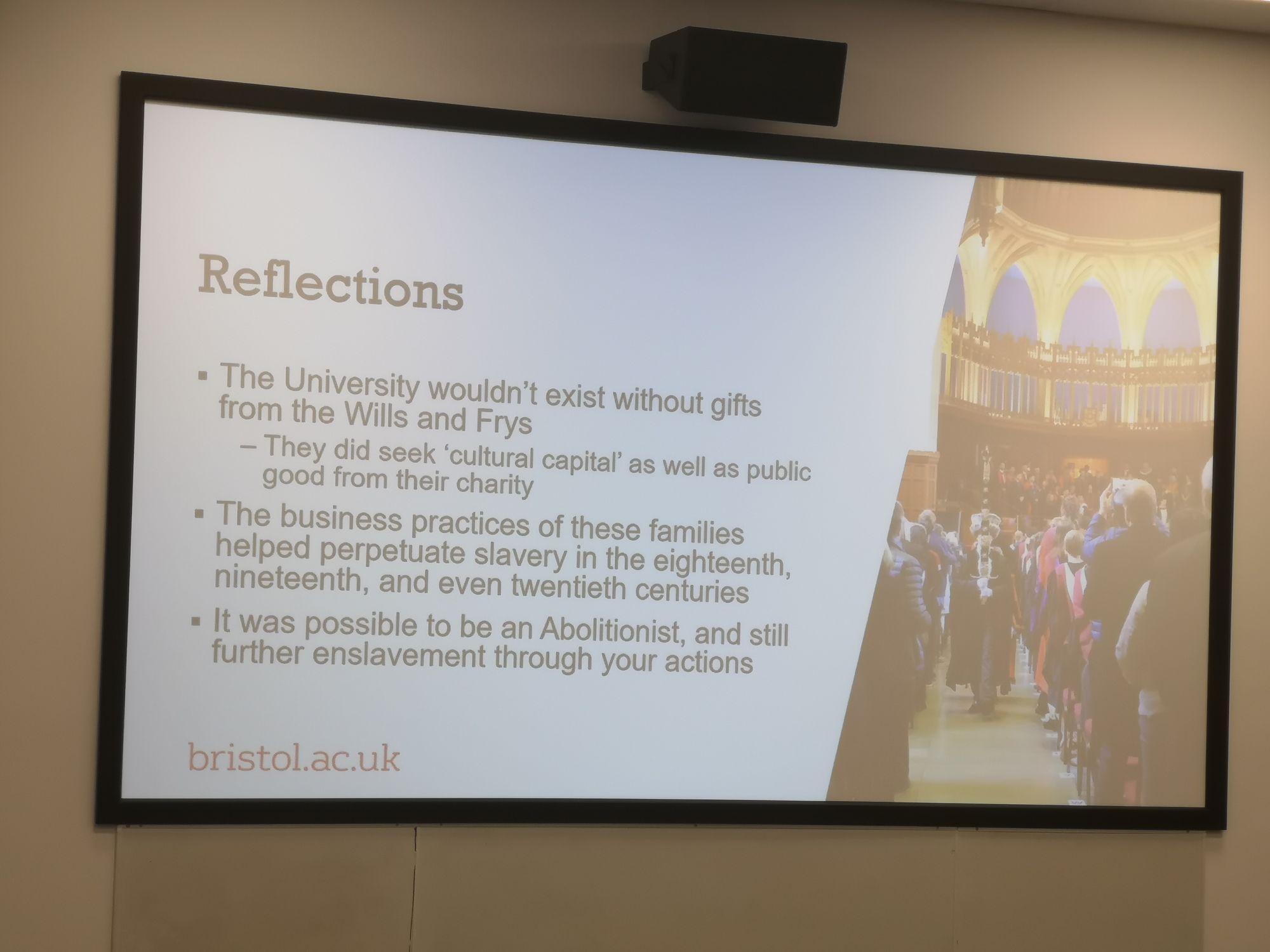
Sarnya Thambirajah, the Equality, Liberation and Access Officer at the Student Union, pointed out: 'We are a very diverse community nowadays and the University has changed so much in the past century of its history and as such a diverse city and I feel like the spaces which we work in and study should reflect that. We are only going forward in time not backwards.'
'I’m absolutely not here to sit and talk about erasing history and the whole point of this is to interrogate that history and bring it to light.'
'I just want to make sure that the voices of the students who have been shut down for decades since the beginning of the university are now amplified and heard.'
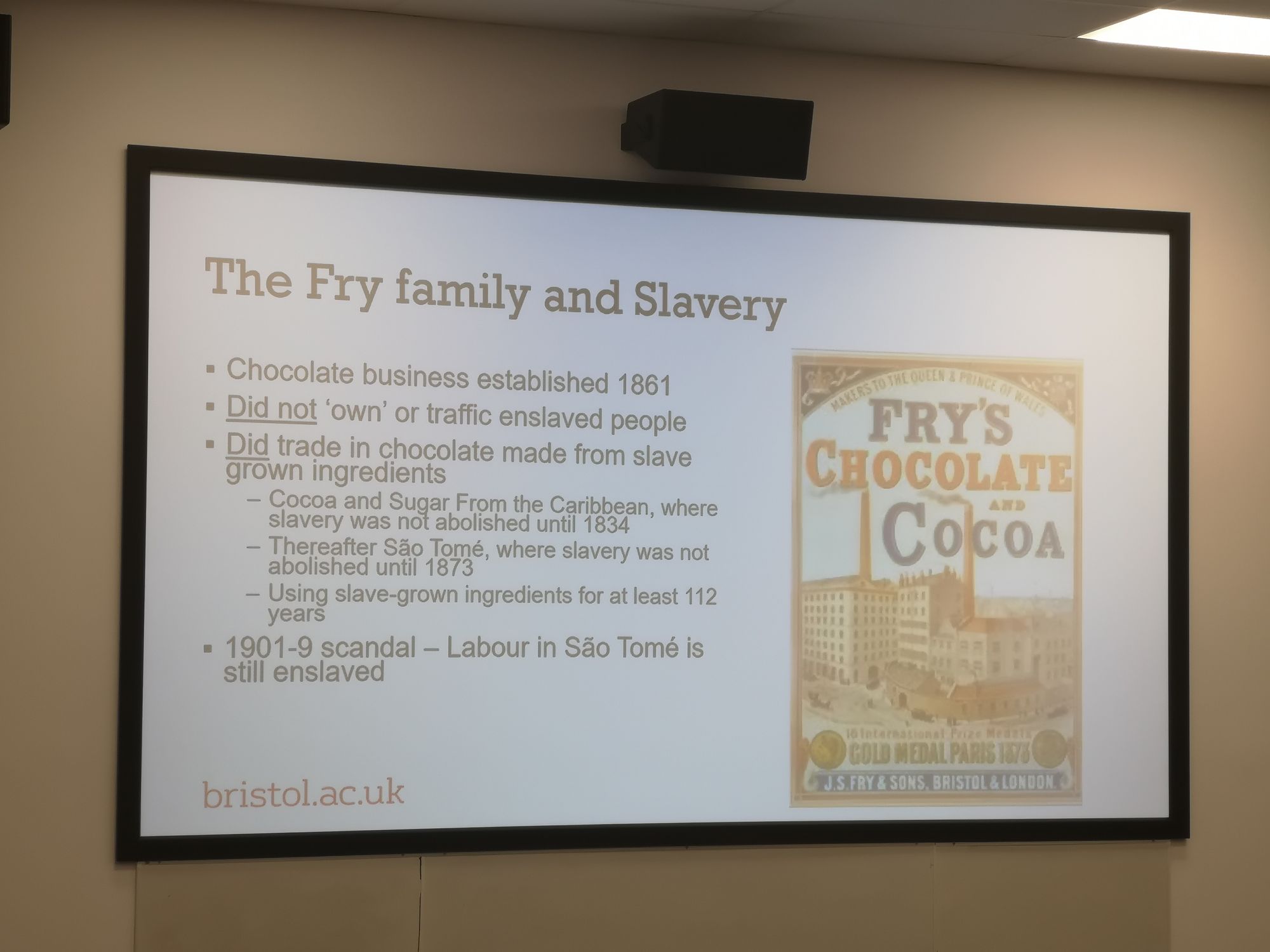
Dr Richard Stone, Senior Lecturer in Early Modern History, was one of the co-authors of the 'Legacies of Slavery' report which provided findings on the University and wider city’s involvement in the slave trade.
Addressing the audience, he acknowledged the enormity of the assignments ahead of him, adding jokingly 'half of you might think I’m “woke” and the other half would think I’m an apologist!' He reiterated: 'I’m not going to tell you what to think but to provide the buildings blocks to come to your own conclusions.'
Dr Stone began his presentation drawing his attention to the most visible symbol of the University's connection to slavery: its crest. Out of the four symbols of the crest, three have direct or indirect links to transatlantic slave trade. The sun and horse respectively represent the Wills and Fry families, while the dolphin symbolises Edward Colston.
Though neither the Wills family nor the Fry family were directly linked to the slave trade, both families benefited through structures laid in place by slavery. Dr Stone further pointed out that, even after the Abolition of Slavery in 1865, exploitative practices such as indentured labour continued right through to the next century.
The University of Bristol's predecessor, the University College Bristol, was the second worst-funded university in the country, with some professors needing to borrow equipment from the adjacent Bristol Museum. Given this stark contrast to University’s current fortunes, it is evident that the current establishment would not have come into being without funding from benefactors such as Henry Overton Wills III.
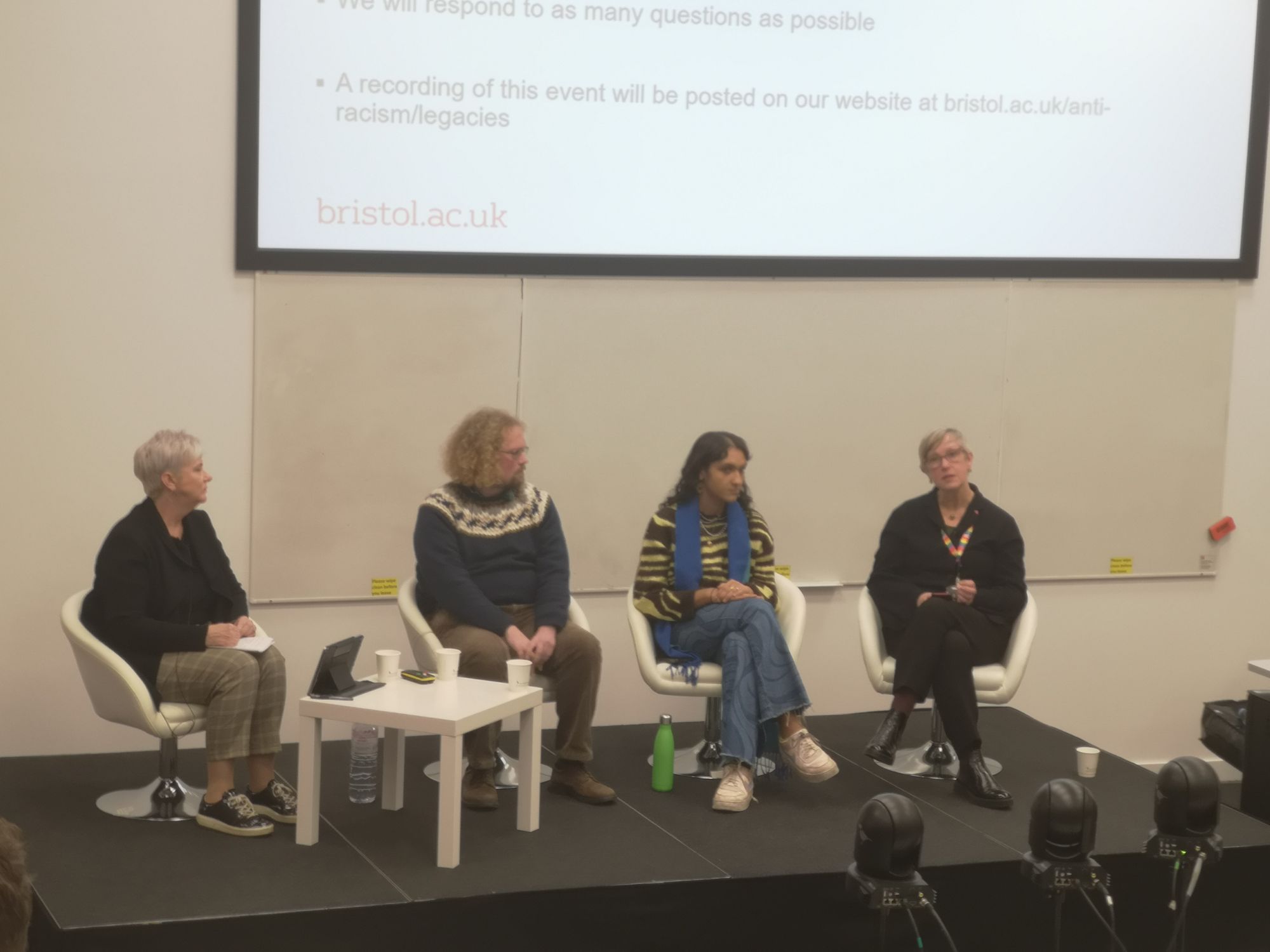
The situation is further complicated by the fact that both the Fry family and Wills family funded and subscribed to the abolitionist movement. According to Dr Stone, this very example proves that one could be associated with the abolitionist movement while simultaneously benefitting from slavery.
Speaking exclusively to Epigram, Dr Richard Stone pointed out that: 'I’m really pleased to see the research into University of Bristol’s links to slavery being made available to the public with the publication of the report. It’s crucial, though, that the work doesn’t end here.'
'Further research is needed into the University’s links to slavery, colonialism, and ideas of race, both before and after its foundation. We need to make sure we act on what has been found, and it’s crucial that we listen to the thoughts of both the University and wider community in shaping these actions. It’s important that we make the University an inclusive space where all feel welcome, and act to level out inequalities resulting from the history of enslavement from which the University has benefitted.'

